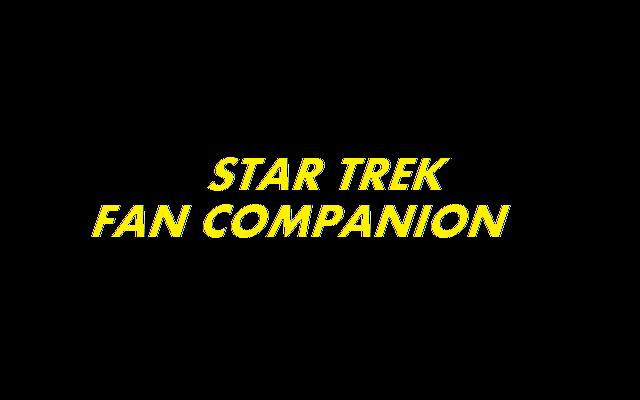the story: Seven's revenge is a dish best served cold.
review: This is the sort of episode that will be easy to view on its own terms as well as part of the overall narrative, and as such is a de facto highlight in a serialized story. And it is: Seven's spotlight.
In a lot of ways, Seven finally got around to joining the Voyager family. Voyager was a series about a crew in part made up of Federation renegades who despised the results of a policy decision. It didn't end up feeling like that because those renegades soon enough signed up with their Starfleet counterparts and for all intents and purposes looked indistinguishable within a handful of episodes (though it really took a few seasons for all the rough edges to work away). Seven came along well after that point, and her journey was an entirely personal one.
In a lot of ways, then, Seven and Voyager serve as a template for Picard itself. Picard views his quest as a personal one, but he's really being drafted back into a much bigger cause, and is forced to work alongside whoever's available rather than his old Starfleet colleagues (except, of course, Raffi, who might be eating some humble pie, after being forced to confront a past she was just lambasting Picard for resembling). Seven herself has finally become a renegade, choosing a side. It seems circumstances are always defining our choices, and what they look like. Star Trek will always, or should always, choose to follow those who prefer principle over form, what's right rather than what Starfleet says, and has since we first met Kirk (and, technically, Pike before him).
Seven's journey is dramatized by...the death of Icheb. Icheb was Voyager's Wesley Crusher, a boy genius who happened to be a former Borg drone. He ended up with a far more anonymous career (and fan legacy) than Wes, but he meant a great deal to Seven, even during Voyager (he appeared throughout the show's last two seasons). And someone butchers him for parts.
Understandably, Seven takes this personally. It's the same as what motivated Picard to action, really, only, at this point, Picard has less immediate results available to him.
The episode also shows us Bruce Maddox (like Icheb, played by a new actor) for the first time (and, uh, last time), thanks to Jurati (here I am, using character names for the first time!), finally exhibiting some agency of her own (even if it seems awful!). Rios has another great showing. No Soji (that's the other twin in the Borg cube). Elnor (that's the Romulan samurai dude we met last episode) is kind of the Justice League Flash in the episode.
It's the first episode of the series to cede the spotlight to someone other than Picard, and so that's remarkable in itself, and Seven of course is a worthy substitute, and the acknowledgement of their shared Borg past is nice, and of course it does link up with what Soji's working on, which Maddox is able to point toward before Jurati offs him. The whole episode feels like one of those classic pivotal arc moments from Deep Space Nine or Enterprise.
criteria analysis:
- franchise - A huge shout-out to Voyager!
- series - While remaining completely relevant to Picard itself.
- character - Focus shifts to Seven, brilliantly.
- essential - The spotlight is also shared by Maddox, finally, but I bet he wishes it hadn't. This is a crucial turning point.
Jeri Ryan (Seven)
